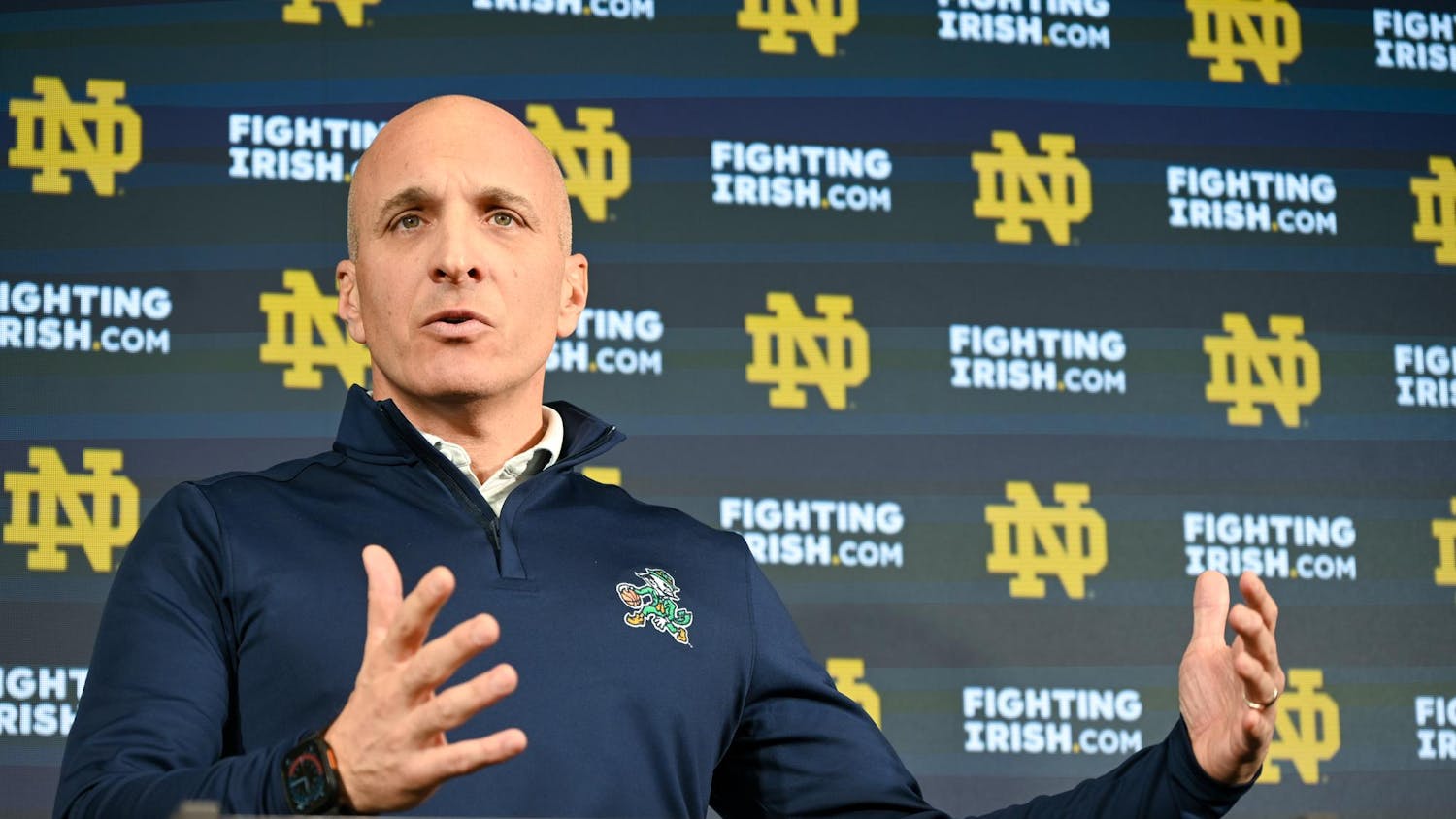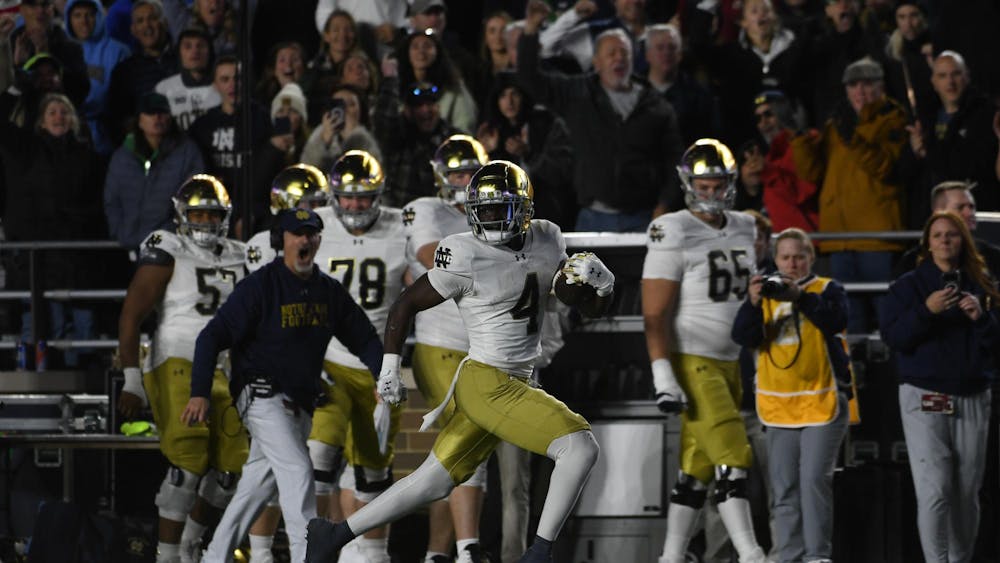When the regular season ends after 162 grueling games in a few weeks, the MLB playoffs will start. The annual "Hunt for October" is already underway with teams clawing and scratching for the postseason. Of the four major leagues, the MLB allows the fewest teams into postseason play, which makes the quest to keep a season alive even more daunting.
That is exactly how it should be.
But last year, Bud Selig and the rest of the league's authorities made it slightly easier to get in. When the regular season is said and done this year, two teams in each league will earn wild card bids. But that doesn't mean they get to compete for the title. That means they get to play a 163rd game.
Even if one team finishes five games ahead of the next closest team in the wild card race, one game will decide who advances to the League Divisional Series. That is obscene.
Several times, teams have finished the season tied in the wild card. In those cases, it is perfectly acceptable to have those teams play one game for all the marbles.
Theoretically, a team who finished third in their respective division can win the World Series. To me, that is just wrong. I suppose the same can happen in the NFL playoffs because of the two wild card spots, but teams really have to earn their way to the Super Bowl. In the MLB playoffs, teams only have to pitch their top three starters. They can put their bottom two starters in the bullpen. It's a whole different game.
Personally, I think the regular season is a test as to who deserves to play in the postseason. Previously, that was a valid test in baseball. College football lies at one end of the spectrum, with the regular season locking teams out of a shot at the national championship, even if they win all their regular season games and finish the year undefeated. Hockey and basketball lie at the other: half the teams get in.
Baseball was pleasantly at the happy medium: three division winners and one wild card team in each league. Three rounds, the last being the World Series. It was perfect.
Hopefully, the top two teams in the wild card in both leagues have the same record. That way, I won't have to tear my hair out watching a team barely over .500 get a shot at the World Series. My hometown Orioles could be that lucky team that advances without earning it. Or, they could be the team knocked out of contention because they had a bad night in a one-game playoff with an inferior opponent.
But as it is, I will probably be left disappointed by the results. I understand the argument that can be made from the opposite side. This year, the L.A. Kings finished eighth in the Western Conference in the NHL and ended up winning their first-ever Stanley Cup. In that case, I will concede that they played their best hockey at the end of the season when it counted most. But, I do not agree that they even deserved to be in the playoffs.
The same argument can be made for the NCAA men's basketball tournament. There is an annual debate there, as well: who's in, who's out? The selection is inherently subjective, but undoubtedly there are teams who do not deserve to get in every year.
Now, I'm all for making the playoffs a true test of a team's mettle before the national (or world) championship is given away.
But to allow too many teams to compete for it is a disservice to the regular season and the game.









